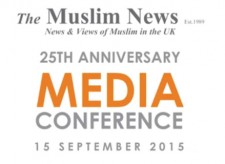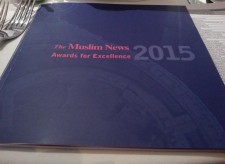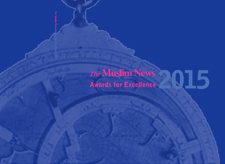One of the most common questions asked by clients in any legal case is: Can I appeal the decision that is made if I do not agree? In the majority of cases, the answer is yes—but only in certain circumstances.
Usually, a party needs to identify some error on the part of the decision maker; this can be a legal error (for example, they did not apply the relevant law correctly to the facts) or an argument that the evidence simply did not support the conclusions reached.
The extent of the powers of the appellate courts to interfere in decisions was clearly explained in the recent case of Oxford University Hospital NHS Foundation Trust v Mr Khan and Mr Ali [2022] EAT 144.
Mr Khan and Mr Ali were dismissed after the employer decided, following an investigation, that Mr Khan had assaulted a colleague in a small office. The employer found that Mr Ali had also been present in the office, but had not intervened to prevent the assault. Both were summarily dismissed for gross misconduct; that is, they were dismissed without payment of any notice pay.
Both individuals brought claims to the employment tribunal for unfair dismissal (arguing their dismissal had been unfair in all the circumstances) and wrongful dismissal (their actions had not warranted dismissal without notice and therefore they should have been paid their notice pay).
The employment tribunal found that Mr Ali had been wrongfully dismissed because his actions in failing to intervene when Mr Khan assaulted his colleague did not amount to gross misconduct justifying summary dismissal (although Mr Khan’s actions did).
The employment tribunal went on to find that both claims of unfair dismissal succeeded because there was a suggestion that another employee had witnessed an altercation between Mr Khan and his colleague, and the investigation manager had arranged for that person to be interviewed; however, they did not wait for the notes of that interview before concluding that Mr Khan and Mr Ali should be dismissed.
Therefore, the employer had not followed a fair procedure before dismissal, and the dismissal was unfair as a consequence.
Both parties appealed the decision. The employer appealed against the finding that Mr Ali’s actions did not amount to gross misconduct, arguing that the employment tribunal should have found that there was a ‘joint enterprise’ between Mr Khan and Mr Ali, and that his failure to act or intervene should have been gross misconduct.
Mr Khan appealed against the finding that he had assaulted his colleague, arguing that the employment tribunal had not referred to, or taken into account, his evidence that his colleague had a motive for making a false allegation against him, and had boasted about having got rid of Mr Khan thereafter.
The employment appeal tribunal dismissed both appeals. They considered the evidence in the case and decided that there was sufficient information in front of the employment tribunal to support all their conclusions.
That did not mean that someone else assessing that evidence had to agree with all those conclusions – but if they were clear, and the evidence to support them was present, then the appeal would not succeed.
The employment tribunal is in a better place to assess the evidence as they hear live evidence from the parties, and can then place appropriate weight on that evidence and assess the credibility of those in front of them. In addition, once a fair hearing has taken place in front of an impartial tribunal, that is usually the end of the process, not least because that gives the parties finality in the proceedings, which is an important component of justice.
This case reminds all those who are, or maybe will be, involved in legal proceedings that the full hearing of their case is of critical importance and that they cannot simply assume that there is a right of appeal if the decision does not go in their favour.
Safia Tharoo
Barrister, 40 Bedford Row, London
















